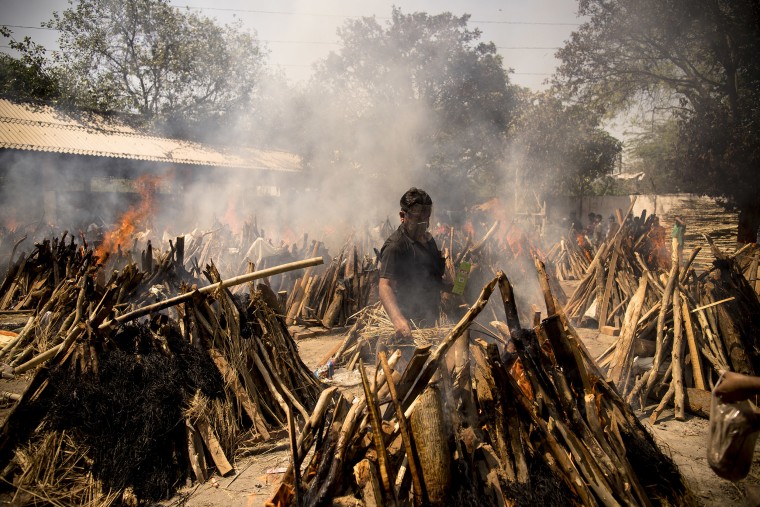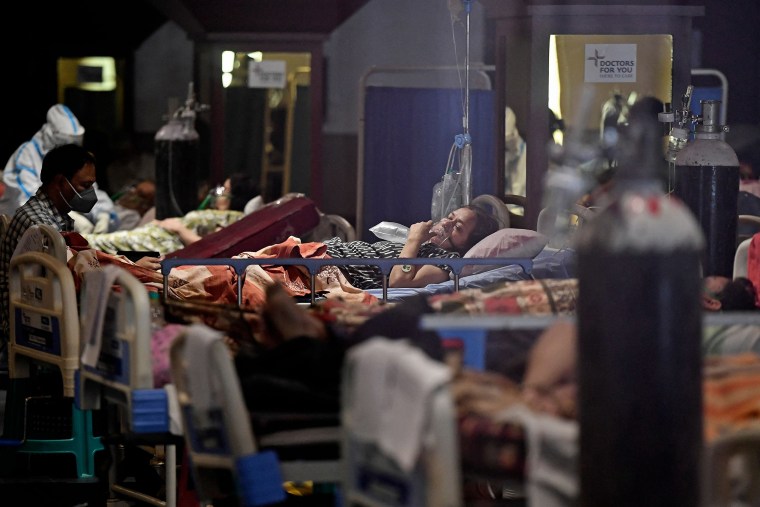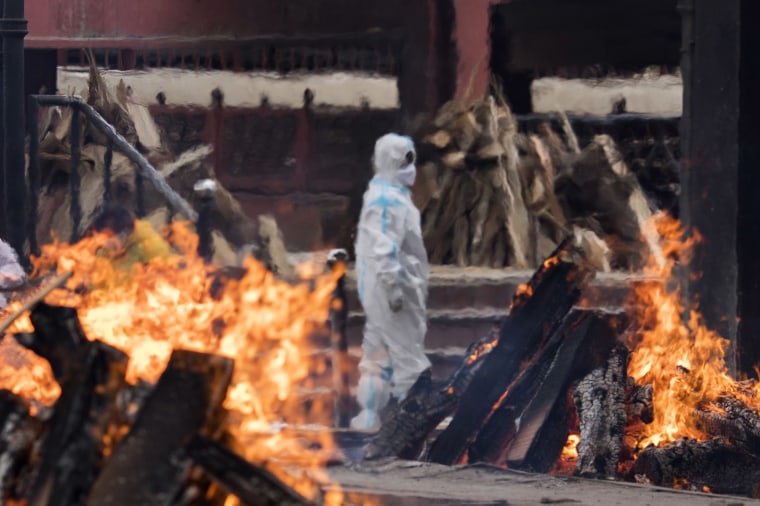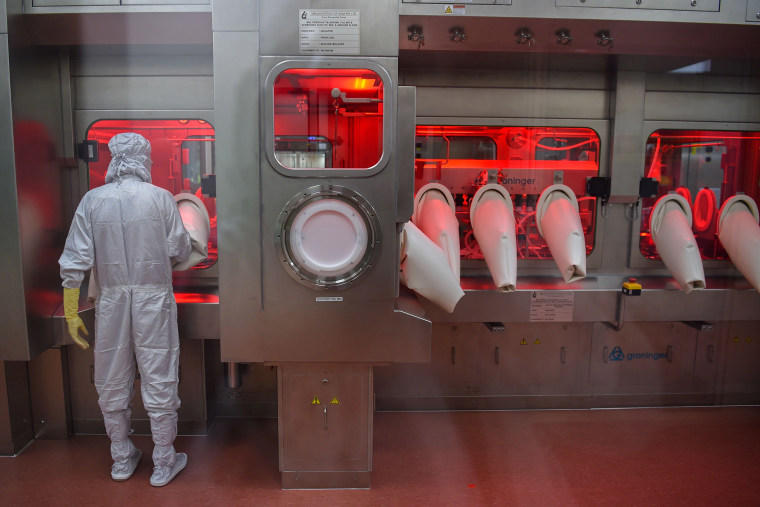Around a third of the global population in the world's poorest countries have been pinning their hopes on India to deliver their Covid-19 vaccines. Then the virus overwhelmed India itself.
The outbreak has caused widespread misery for the country's population of 1.3 billion. Hospitals are overwhelmed, oxygen is scarce and the death toll of 200,000 is thought to be a huge undercount.
But it's also reverberated far beyond India's borders.
This vaccine-producing powerhouse is now prioritizing domestic supply over exports, and no longer sending millions of scheduled doses to low and middle income countries in Africa, Asia and Latin America.
Experts say this has already exacerbated global vaccine inequality, leaving poorer countries waiting even longer while the United States and others fly ahead. This could prolong the pandemic for everyone, with virus variants mutating that could be more infectious and evade Western vaccines.
"This is the worst fear out of everything we were worried about last year," according to Achal Prabhala, an Indian vaccine supply expert at the AccessIBSA project, which campaigns for global access to medicines. "Deciding to rely solely not just on one country — but one company in that country — was a ridiculous decision," said Prabhala, who is based in Bangalore.
Download the NBC News app for the latest news on the coronavirus
Experts say there is plenty of blame to go around.
With the U.S. and other rich countries buying up most supplies of the Pfizer-BioNTech and Moderna vaccines — both expensive and delicate shots — poorer countries turned to India.
The Serum Institute of India is the world's largest vaccine producer by volume and has a licensing agreement to make the cheap and robust Oxford University-AstraZeneca vaccine.

Last year, the SII signed a huge supply deal with COVAX, a global vaccine-sharing program co-run by the World Health Organization, which plans to deliver 1.8 billion vaccines to 92 low and middle income countries this year.
Experts always said this was optimistic because COVAX assumed that the Serum Institute would be able to supply it with an unrealistic number of doses. Now that India has restricted that supply, it has blown a gaping hole in vaccine supply to the developing world.
"What's happened was not only highly predictable — it was predicted," said Andrea Taylor, assistant director of programs at Duke Global Health Innovation Center, an authority on Covid-19 vaccine supply data.
"We have put so many eggs in one basket with vaccine manufacturing in India," she said. "Unfortunately it was a huge strategic error to expect one country to produce vaccines for so much of the world."
The Indian government has not directly acknowledged restricting exports, but it's clear that's what is happening, according to supply chain experts and data from the Indian foreign ministry.

NBC News reached out to the Indian Ministry of Health by email and phone on Friday with no response. The Serum Institute of India declined to comment.
Experts say the export restrictions have been a huge factor in COVAX delivering fewer than 50 million vaccines worldwide — just a quarter of what it planned to distribute by the end of May.
Supply has dried up for countries right across Africa, as well as parts of Asia and Latin America. Many countries have yet to hit 1 percent in terms of people vaccinated. Others — such as Chad and Burkina Faso — are yet to receive any doses from COVAX at all.
Some experts say India can hardly be blamed. Keeping doses at home to fight a raging domestic outbreak is what the U.S. and others have been doing all along.
Prabhala disagrees.
"India is now taking vaccines that have legally been contracted out to other parties," he said. "That's not the same as the U.S., which had always planned to gain a large quantity for itself — we did the same thing only much later on and with other people's vaccines."

Others believe COVAX made a grave error in relying so heavily on one drugmaker and one vaccine. Experts have told NBC News for months that they feared this would come back to bite the project.
A spokesperson for Gavi, one of COVAX's partners, said in a an emailed statement to NBC News that it understood "Indian vaccine production — for the next month at least — will be committed to protecting its own citizens" while the "country confronts a truly dreadful wave of the pandemic."
In the meantime, COVAX would try to diversify its vaccine portfolio and offer support to countries left waiting for doses, "ensuring the second dose is administered within the required timeframe."
In the short term, rich countries could be doing far more to share doses with poorer countries rather than vaccinating young, healthy people at home, many experts agree.
But the only long term solution is simply making more vaccines in more plans across the world, according to Rasmus Bech Hansen, CEO of Airfinity, a pharmaceuticals analytics company based in London.
"Historically it hasn't been very good business to produce vaccines," he said. "In the past there simply hasn't been the demand and companies couldn't justify the investment."
He added that "one learning in all of this is that this is something that needs to happen."

